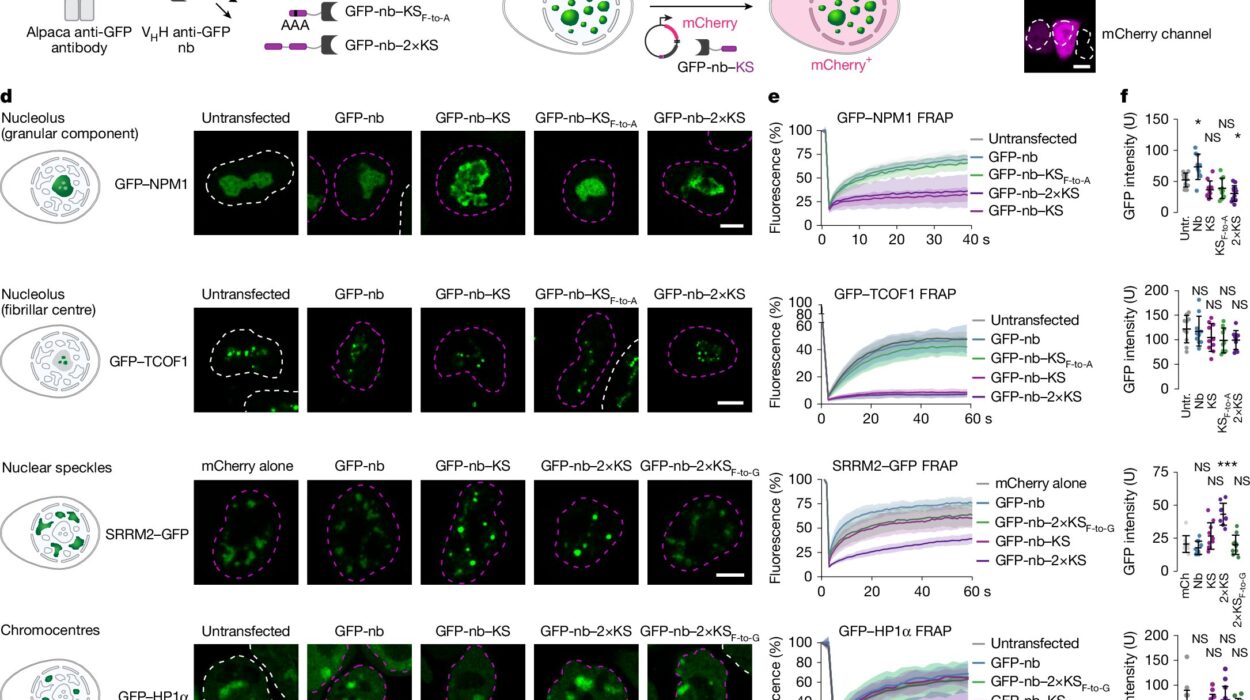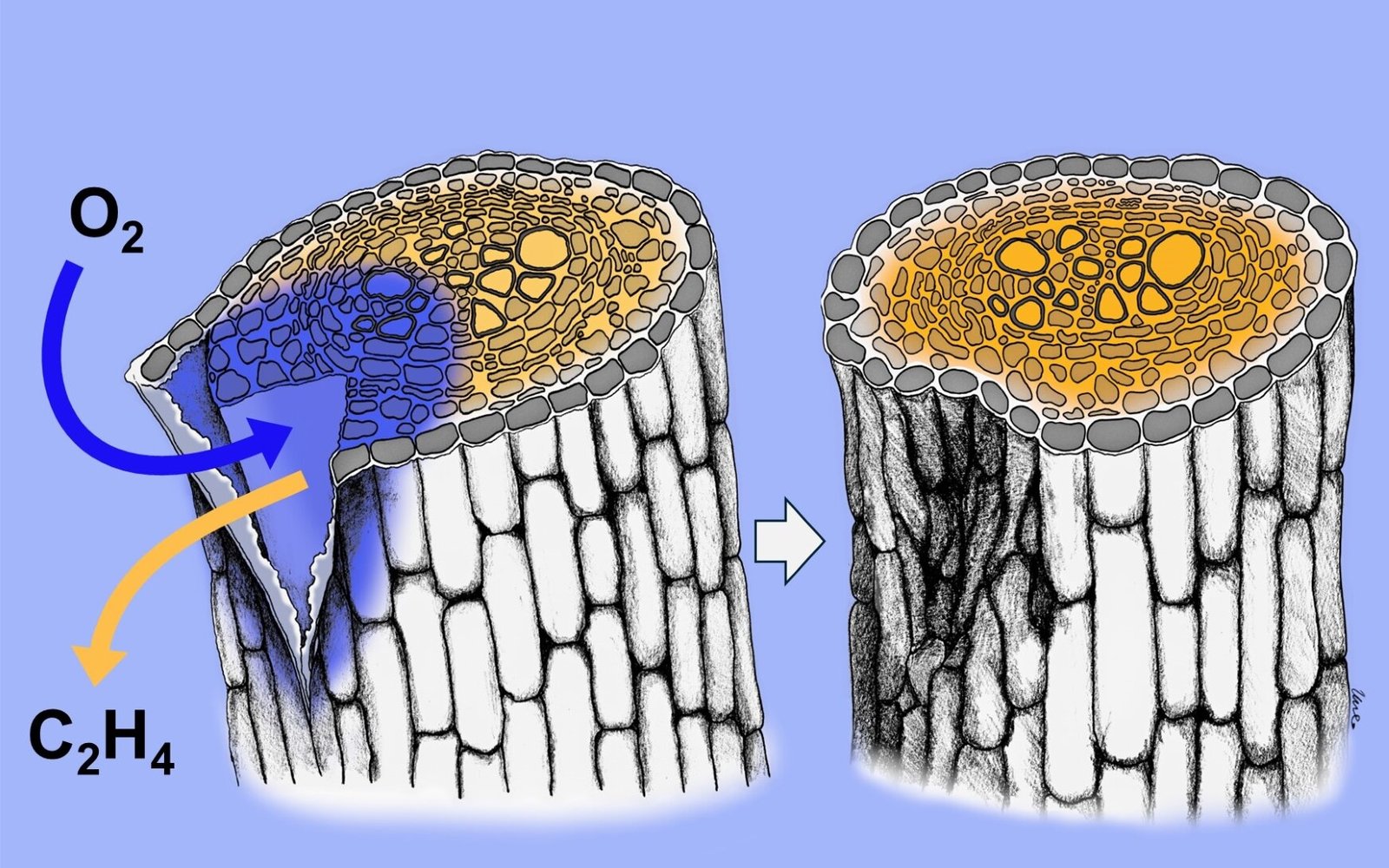For many people, contraception is a faithful companion through years of planning, love, intimacy, and responsibility. It provides the freedom to choose when, or if, to bring a child into the world. But one day, the thought changes. The desire shifts. Instead of not now, the question becomes what if now? You stop your birth control and wonder: How long until I get pregnant?
This moment is tender and filled with anticipation. It carries hope, excitement, and sometimes anxiety. Many imagine that stopping contraception is like flipping a switch—that fertility instantly returns and conception can happen immediately. For some, it does. For others, it takes time, and that waiting can feel endless.
To answer this question requires both science and empathy. Fertility is not mechanical; it is deeply human, tied to biology, health, and emotions. Understanding how the body responds after contraception provides clarity and reassurance for those beginning the journey of conception.
Understanding Fertility
Before exploring how contraception affects conception, it is important to understand fertility itself. Human reproduction is not a guaranteed outcome each month. Even in healthy couples with no history of contraception, the chance of conceiving per menstrual cycle is about 20–25% if intercourse is well-timed around ovulation. This means that even under perfect conditions, conception is not immediate for most couples.
Fertility depends on many factors: age, ovulation, sperm health, the health of reproductive organs, and overall lifestyle. Contraception alters fertility temporarily, but the body usually regains its natural rhythm within weeks to months. The speed of this return depends on the method of contraception used.
Hormonal Contraception and Its Aftereffects
Hormonal contraceptives—such as birth control pills, hormonal IUDs, patches, vaginal rings, and injections—work by manipulating reproductive hormones to prevent ovulation, thicken cervical mucus, or thin the uterine lining. When a person stops these methods, the body must recalibrate its hormone production.
The Pill
For many who have taken birth control pills, fertility may return quickly—sometimes as soon as the next cycle. Research shows that most people ovulate within a few weeks of stopping. However, it is also common for cycles to be irregular for two to three months as the body adjusts.
Hormonal IUDs and Implants
Hormonal IUDs release progestin locally in the uterus, while implants release it into the bloodstream. Fertility often returns rapidly after removal. In fact, many people conceive within the first few months, though some may experience a brief adjustment period.
The Patch and the Vaginal Ring
These methods also rely on synthetic hormones. Like the pill, ovulation typically resumes within weeks of stopping, but cycles may take two to three months to become regular.
The Injection (Depo-Provera)
Depo-Provera, an injectable contraceptive, has the longest-lasting effect. Each shot provides protection for three months, but its influence can linger in the body for up to a year. For some, ovulation may return in as little as four months, while for others, it may take 12–18 months. This can be emotionally challenging for those eager to conceive, but it is a normal effect of the drug’s long-acting formula.
Non-Hormonal Contraception and Fertility
Not all contraceptives affect fertility in the same way. Non-hormonal methods, such as condoms, copper IUDs, diaphragms, and fertility tracking, generally do not interfere with the body’s natural cycle.
Condoms and Barriers
Condoms, diaphragms, and cervical caps prevent sperm from reaching the egg but have no lasting impact once they are no longer used. Fertility returns instantly.
Copper IUD
The copper IUD prevents fertilization by creating a hostile environment for sperm. Once removed, fertility can return immediately, with many people ovulating within days or weeks.
How Long Does It Really Take?
The time it takes to conceive after stopping contraception varies greatly. Scientific studies provide a general picture:
- Within 3 months of stopping contraception, a significant proportion of individuals resume normal ovulation.
- By 12 months, most people who are otherwise healthy and under age 35 will have conceived.
- The type of contraception matters most with methods like Depo-Provera, which can extend the waiting time.
The reassuring truth is that the majority of people regain fertility quickly, and within a year, chances of conception are very high.
Age: The Silent Partner in Fertility
While contraception plays a role in how quickly conception occurs, age remains one of the strongest factors. Female fertility peaks in the 20s and gradually declines after 30, with a more pronounced drop after 35. Male fertility also declines with age, though more slowly.
Thus, a 25-year-old may conceive almost immediately after stopping birth control, while a 38-year-old might experience a longer wait, even with regular ovulation. This difference is not due to contraception but to the natural biology of aging eggs and sperm.
The Emotional Landscape of Waiting
The decision to try for a baby is often filled with excitement, but when pregnancy doesn’t happen right away, emotions can shift to worry, impatience, or even grief. After years of relying on contraception to be effective, it can feel strange when the body doesn’t immediately respond with pregnancy once it’s discontinued.
The waiting period is often a test of patience. Each month carries hope during the two-week wait after ovulation, followed by disappointment if menstruation arrives. Understanding the science—that conception often takes time—helps manage expectations and reduces self-blame.
Couples navigating this journey together often find it strengthens their bond, as they learn patience, support, and resilience in the face of uncertainty.
Supporting the Body After Contraception
While the body is usually capable of restoring fertility on its own, certain steps can support reproductive health during this transition:
- Maintaining a balanced diet with adequate vitamins and minerals, especially folic acid.
- Tracking menstrual cycles to identify ovulation patterns.
- Managing stress, which can influence hormonal balance.
- Reducing alcohol, smoking, and excessive caffeine, all of which affect fertility.
- Regular check-ups with a healthcare provider to rule out underlying conditions.
These actions do not guarantee immediate conception, but they provide the healthiest foundation for pregnancy.
When to Seek Medical Advice
It is normal for conception to take time. However, medical guidance is recommended if:
- Pregnancy has not occurred after 12 months of regular unprotected intercourse (or after 6 months if the person trying to conceive is over 35).
- Menstrual cycles remain absent or irregular several months after stopping contraception.
- There is a history of pelvic infections, surgeries, or conditions like polycystic ovary syndrome (PCOS) or endometriosis.
- Concerns about sperm health or other fertility issues arise.
Modern medicine offers many pathways to parenthood, from fertility medications to assisted reproductive technologies like in vitro fertilization (IVF). Knowing when to seek help ensures that delays do not turn into prolonged struggles.
Stories of Hope and Reality
Every fertility journey is unique. Some conceive within the first month after stopping birth control. Others wait a year or longer. The stories vary, but the underlying theme is resilience.
One couple may remove a copper IUD and find themselves expecting within weeks. Another may wait many months after the last Depo-Provera shot, counting days and testing ovulation, before seeing two pink lines on a test. Both stories are valid. Both reflect the wide spectrum of normal.
These personal journeys remind us that conception is not a race. It is a deeply personal process, influenced by biology, timing, and sometimes a touch of luck.
The Bigger Picture: Fertility and Humanity
Contraception has given humanity the gift of choice—the ability to separate sex from reproduction and to plan families with intention. When people choose to conceive, they are engaging in one of life’s most profound transitions: from preventing life to welcoming it.
This transition is more than biological; it is emotional, social, and cultural. It carries dreams of the future, the weight of responsibility, and the beauty of possibility. Biology tells us how long it takes. But the heart tells us why it matters.
Conclusion: Patience in the Waiting
So, how long does it take to get pregnant after contraception? The answer lies somewhere between science and individuality. For many, fertility returns quickly—within weeks or months. For others, especially those coming off long-acting methods like injections, it may take up to a year or more. Age, health, and lifestyle shape the journey just as much as the choice of contraception.
The most important truth is this: conception after contraception is not an on-off switch but a process. It requires patience, trust in the body, and sometimes professional guidance.
In the end, stopping contraception is not the end of a story but the beginning of a new one—the story of possibility, of creating life, and of stepping into the future with hope.






